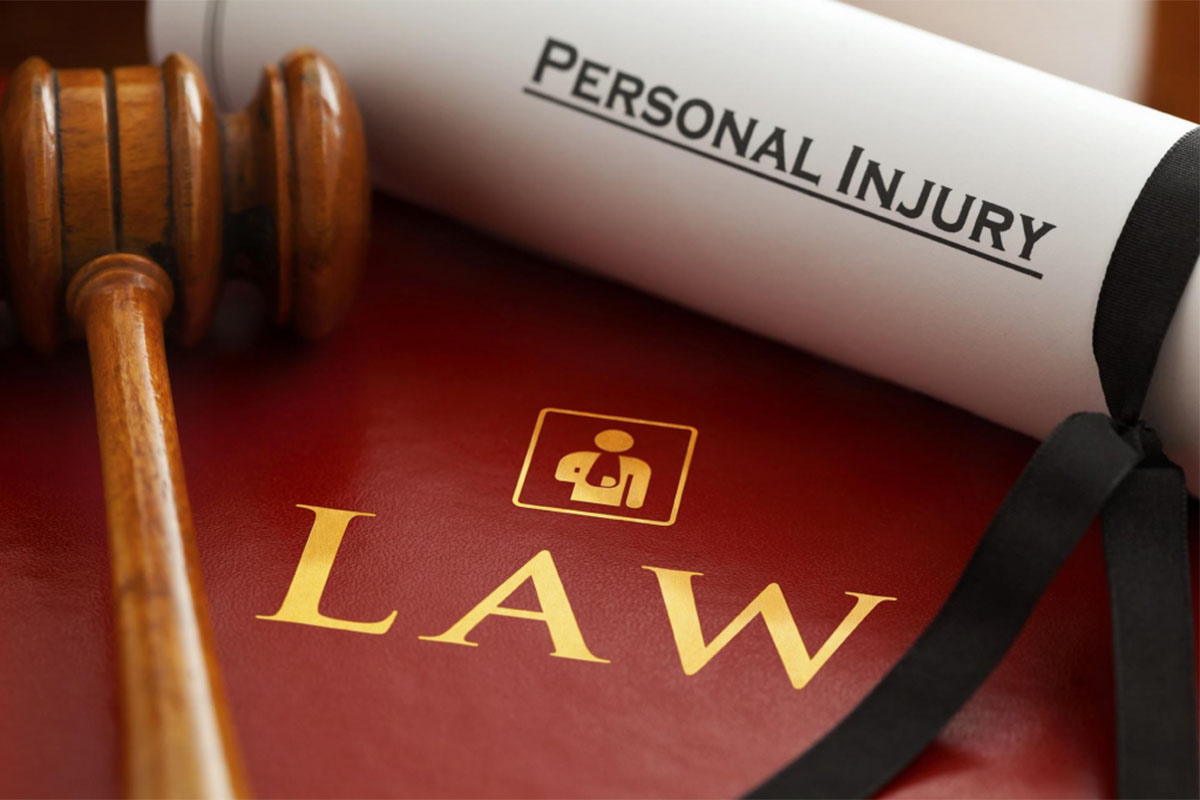Is Going to Court for a Personal Injury Case Worth It?
A Bureau of Justice statistic says roughly 3-4% of personal injury cases proceed to trial. This means that 95% of patients are settled outside of court. If you dig deeper to learn more about this statistic, you’ll find that both options have their fair share of pros and cons.
And that’s what we’re going to discuss here. So, if you are currently involved in a personal injury case or know someone who is, you may find this article helpful. We’ll list everything related to a court trial so that you can decide for yourself.
Contents
First Things First. Hire a Lawyer
You or your personal injury case aren’t get very far without a lawyer. No matter how good your internet research skills are, you will still need someone with expertise in the law. A lawyer will help you file paperwork, negotiate with insurance adjusters, and calculate an amount that compensates your losses. And here’s the best part. A lawyer will be handy in an out-of-court settlement and a court trial.
What a court trial entails
Out-of-court settlements are private affairs. This means they happen behind closed doors, and only the concerned parties attend the negotiation sessions. But that’s not how court trials work. In a court trial, your lawyer will present your case to the judge and jury. The jury is a team of 12 or fewer ordinary citizens chosen through a juror selection process. Any citizen older than 18 is eligible for jury duty.
Present here means that all the facts and findings of the case are shared with everyone in the court. Along with the evidence, your lawyer will also make sound arguments about why you deserve the requested compensation. This also provides the opportunity to prove the level of negligence or recklessness exhibited by the defendant. There will also be cross-examinations where legal representatives from both sides question the plaintiff(s) and defendant(s).
Once that is done, both sides will present a closing argument. The jury will get a chance to discuss as a group and make a decision. A foreperson confirms the verdict’s accuracy and shares it with the judge, who announces it in court. If the trial result isn’t satisfactory, the opposing party can file an appeal.
Going to Court
Both parties in a personal injury claim (the plaintiff and the defendant) can take the case to court. A court trial has its advantages and disadvantages. There are multiple reasons why a plaintiff (or a defendant) may choose to go to court.
Reasons Why the Plaintiff Pushes for a Court Trial
Given below are reasons why you, as a plaintiff, will want the case to be presented in court.
- The compensation offered is too low and doesn’t equate to the losses suffered;
- The plaintiff believes that the actions of the defendant require public shaming;
- The plaintiff was the victim of bad-faith insurance;
- Your case is one-of-a-kind, and you want to raise awareness about your situation.
- Liability issues
Reasons Why the Defendant Pushes for a Court Trial
Just like the plaintiff, the defendant has the right to push for a court trial. Below are why a defendant may ask for a court trial.
- The defendant’s attorney thinks they have a bright chance of winning;
- The defendant’s insurance company doesn’t want this case to set a precedent for future cases;
- The compensation amount requested by the plaintiff is too high;
- The defendant believes that the plaintiff had a role in the accident;
- There is a lack of evidence to prove the defendant’s liability.
Advantages of a Court Trial
Yes, most cases are settled outside of court. But there are some valuable benefits to a court trial. They are mentioned below.
- Larger Compensation: If your lawyer pushes for a trial, chances are that you have an increased probability of a higher settlement;
- Justice: In addition to receiving a fair settlement, holding the at-fault party accountable is possible when your case goes to court;
- Sets a Precedent: If your case is unique and you win, it will be taken into consideration when discussing similar cases in the future.
Disadvantages of a Court Trial
Going to court for a trial has its share of cons. You should consider the points below before opting for a court trial.
- Expensive: Trials are rarely inexpensive. Court fees, jury costs, and additional expenses may end up being a burden;
- Slow: Trials take time. They can be anywhere from a few months to a year or more;
- No Privacy: All details of the accident will be shared with the jurors and everyone else in court. The opposition may even resort to mudslinging to make their point;
- Uncertainty: Court trials are unpredictable. There are chances that your compensation claim may be denied altogether as well.
Final Thoughts
There you go. This article discussed the potential benefits and drawbacks of going to court. Consider these points and speak with your lawyer about how to proceed with your personal injury claim. Whichever option you choose, stay strong and fight for your rights.

